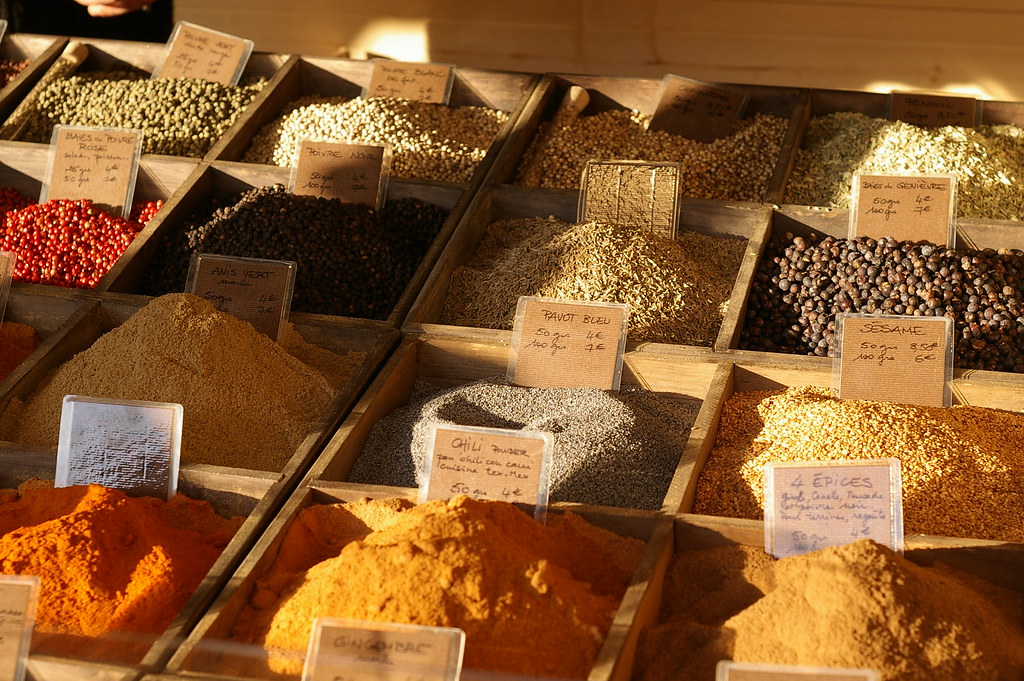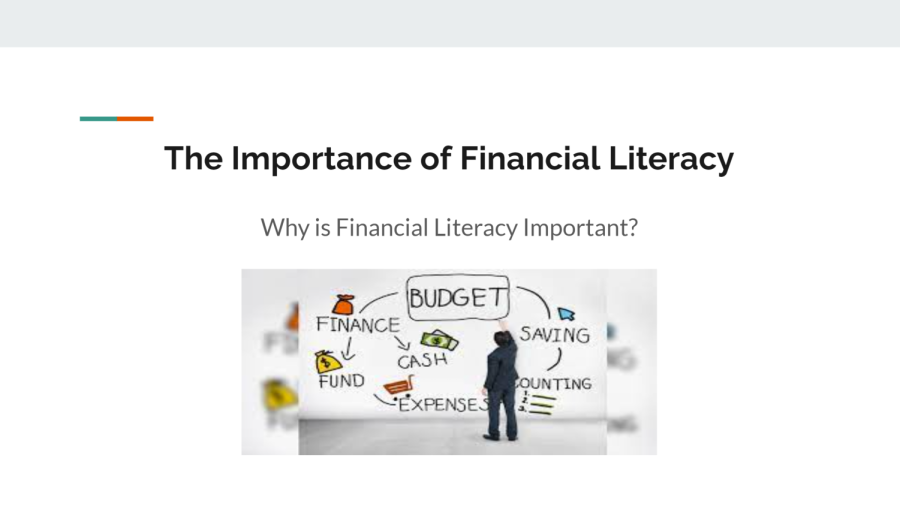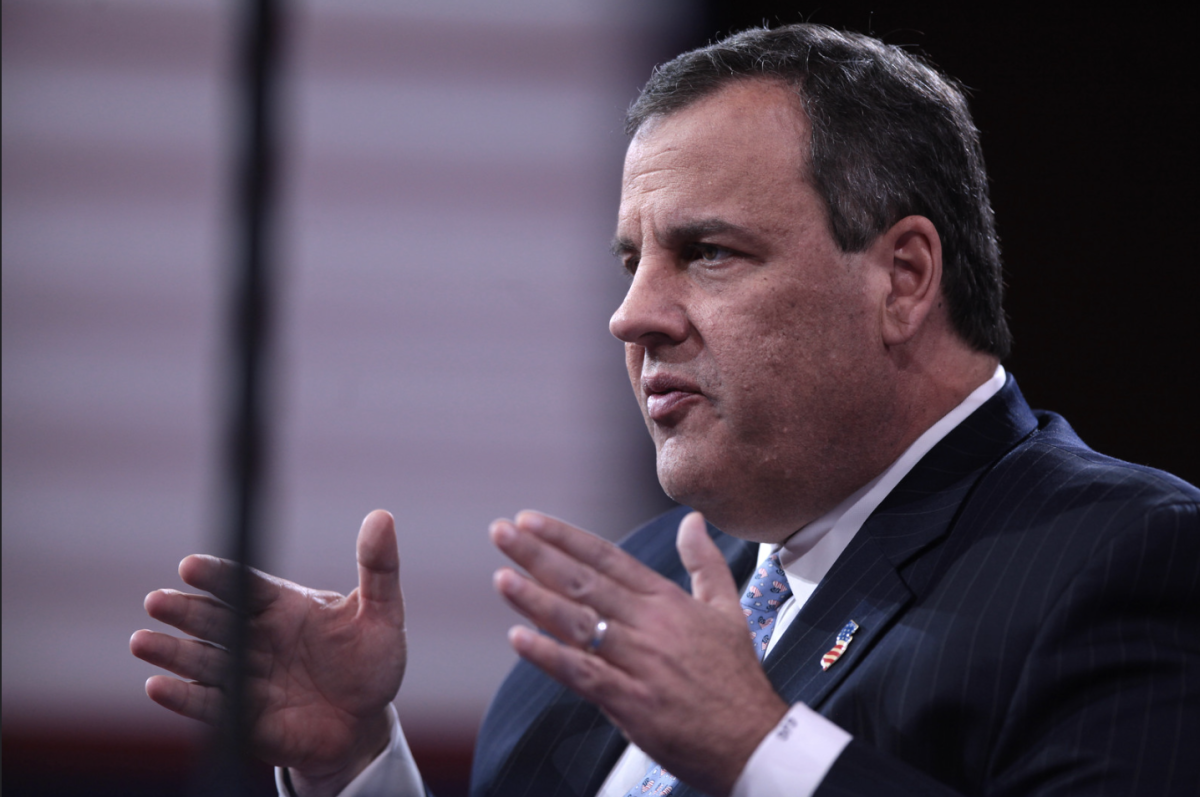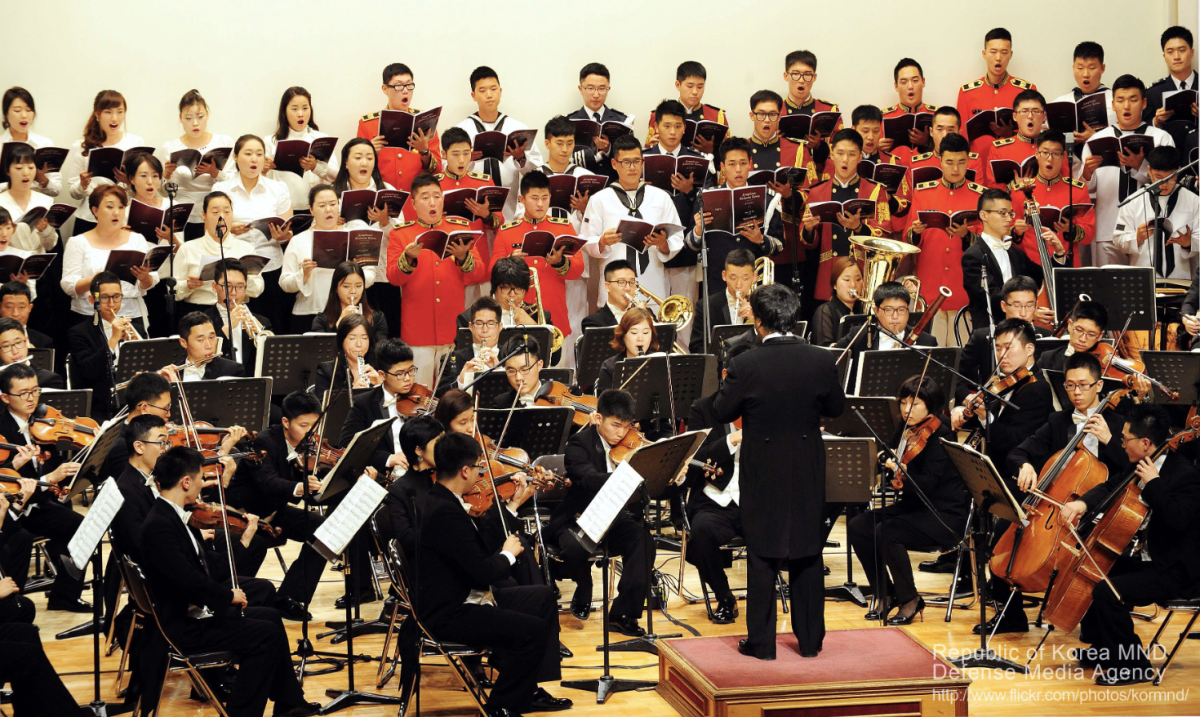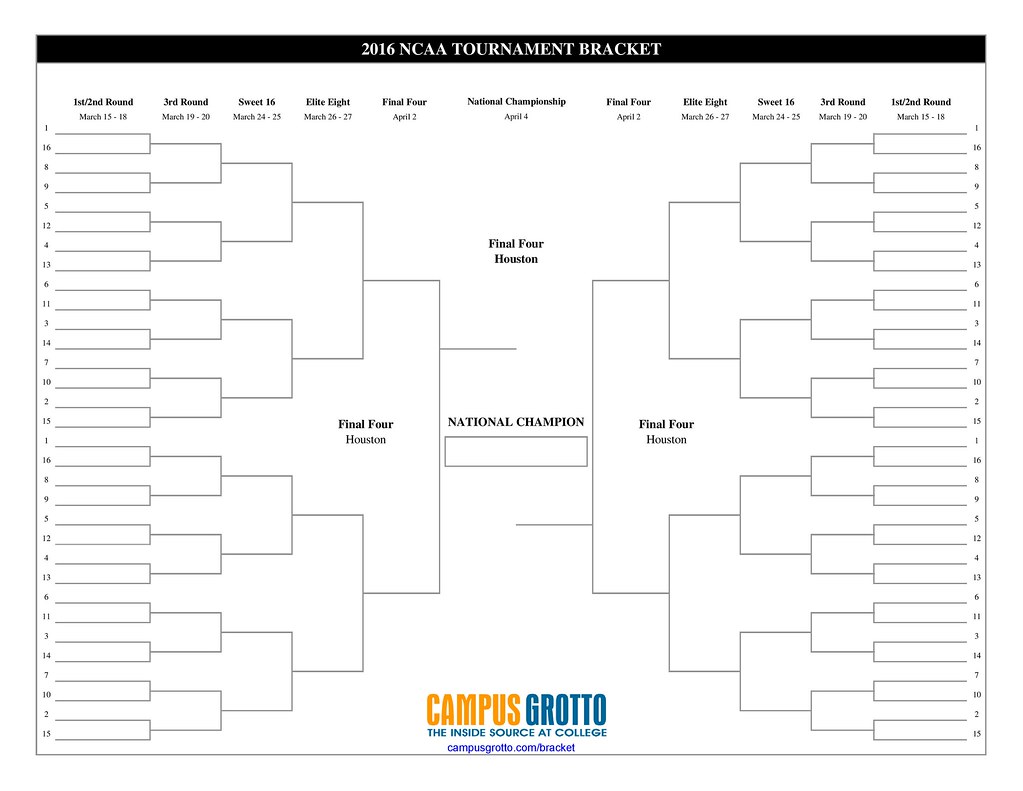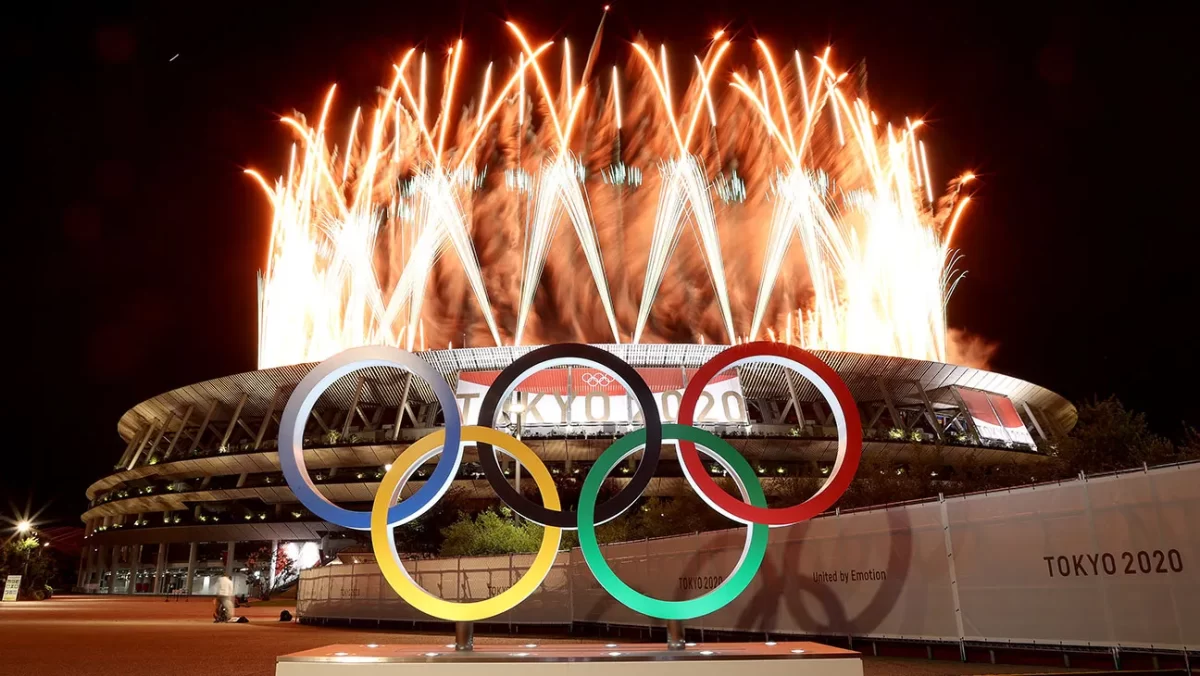Excited fans have already begun to prepare for the 2024 Olympics, which is now less than a year away. Athletes, of course, are doing so as well. When the calendar reaches Friday, July 26th, 2024, hundreds of athletes will represent their countries with their skills and talents, and some will likely be cheating.
In 2012, a whopping 132 tests returned positive despite the Olympics ban on doping in 1967. In the 2020 games, Statista reports nine of the competitors had positive drug tests. Although doping cases have dropped since 2012, fans and athletes share a passion of anger for most cheaters. The desire to cheat likely comes from a person’s goals being external rather than internal. Internal objectives are less dangerous to an athlete because they are personal goals for a human’s individual development and growth. Conversely, external desires can easily hamper an athlete’s internal development because they relate closely to commercialism and materialism, as motivations that exist outside the character of the athlete. Critics commonly identify greed and power as external factors that drive athletes into danger.
Unrestrained aspiration routinely leads to poor decision-making, and ultimately, defeat. A prime instance of this is in Shakespeare’s Macbeth where unchecked ambition for power helps reveal his greedy nature, which leads to violent choices and, ultimately, death. In Act I, Macbeth claims, “I have no spur to prick the sides of my intent, but only vaulting ambition, which o’erleaps itself and falls on the other” (1:7:25-28). Macbeth describes that his ambition drives him but can make him rush and sometimes overestimate himself. Macbeth achieves glory and power, but he pays the ultimate price for his unruly ambition. In athletes, their lust for trophies, bragging rights, or commercial endorsements can lead them to cheat and tarnish their reputations, undermining their once-notable athletic careers.
The athletes who lack self-control and let their external desires come to fruition, like Barry Bonds, are subject to significant consequences. Despite Bonds’ 762 home runs and incredible consistency, Bonds has yet to receive a nod into MLB’s Hall of Fame, and fans don’t expect the league to induct him anytime soon. In the Olympic world, Marion Jones, Ben Johnson, Yuliya Efimova, and Justin Gatlin are just a few of the names since 2001 who The Olympics punished for doping. Commonly, the regulators of the sport, as in Barry Bonds’ case with MLB and the athletes listed from The Olympics, are disciplined similarly. If the league catches them while they are still active in the sport, they will likely receive a ban, suspension, or fine, in addition to stripping them of their honors. This is crucial because if Barry Bonds did not desire to have the power and glory of a Hall of Famer, he would not have doped. Similarly, if all cheating Olympic athletes did not desire money, medals, or special treatment, there would be no reason to break such a rule that most of the competitors follow. It is especially interesting to note that sports punish athletes who cheat with a loss of the external factor(s) they hoped to obtain from cheating. That is, money (from a fine), awards (which they would have earned unrighteously), and suspension (where they would have likely increased their durability by cheating).
The high commonality of indulgence and greed in the world, as seen in The Bible, is quick to cause destruction. Proverbs says, “a wise man is cautious and turns away from evil, but a fool throws off restraint and is careless” (Proverbs 14:16). Here, God’s “Words to the Wise” further mentions the damage that lack of restraint can bring, which is why athletes should consider the internal objectives they can choose to hold for themselves, and resist tempting, external factors. Since the cheating outbreak in 2014, The Olympics began instructing athletes to report any approach or suspicion of manipulating the rules. Furthermore, specific rules are drafted for each version of The Olympic Games, and competitors are tested much more frequently than in previous years. The Olympics claim that an athlete who takes steroids (or any PED) to increase their ability violates the spirit of the sport.
With The 2024 Olympics on deck, fans are thrilled to experience a competitive and enjoyable atmosphere, and hopefully, there’s less cheating this time around.
